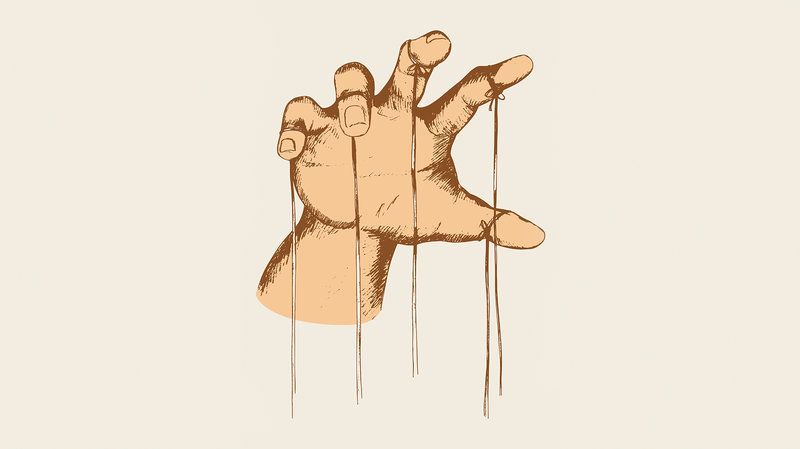Manipulators and Techniques
Manipulative language reflects the speaker’s intention to nudge you toward a thought or action that they want from you. Questions like “Don’t you think so?”, “Do you feel that way?”, or “Isn’t that right?” all imply a positive answer, making it easier to manipulate the conversation partner.
Phrases such as “You can be sure” or “Without a doubt” are also designed to prompt the same reaction. They suggest that the listener is smart enough to be confident or hint that they already know the answer.
Behind beautiful words like “from the bottom of my heart,” there are often intentions that are not in your best interest. These phrases are frequently used to soften the impact of what’s being said.
The word “should,” which translates as “in my opinion,” is another manipulative tool. For example, “Without a doubt, you realize that you should do the right thing” really means: “Do what I want!”
People who love to gossip or meddle often try to hide their intentions. Phrases like “You won’t believe this, but…”, “I shouldn’t be telling you this, but…”, or “Don’t tell anyone, I don’t want any extra gossip,” usually mean: “I love spreading rumors.”
When someone says, “I don’t want to listen to silly gossip,” it often means: “Tell me something interesting.” And “I know it’s none of my business” really means: “Let me see how I can get involved.”
Two favorite phrases of gossips are: “Don’t get me wrong,” which means, “You won’t like what I’m about to say, but I don’t care,” and “It’s not about the money, it’s about the principle,” which usually means it’s all about the money.
“I hope” is a clever way to hide one’s opinion, even though it sounds like a personal view. For example, “I hope taxes won’t be raised by the end of the year.” The word “hope” here means “under normal circumstances.” In other words: “Under normal conditions, I wouldn’t want taxes to go up, but it’s likely to happen.”
The phrase “I could add something” is meant to make the listener say, “Go on, go on!” This phrase can be used for humor or to set up an argument. In a humorous context, the response might be, “Well, tell us,” and the listener will likely smile.



